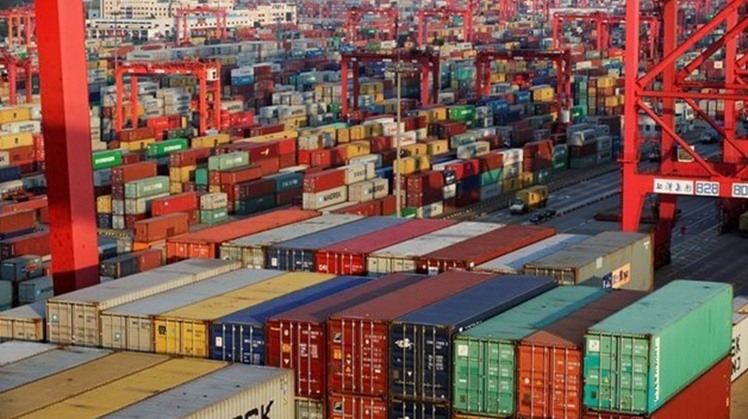CAIRO – 6 March 2023: Egypt plans to increase its exports to Africa to reach up to $15 billion in the upcoming years by training Egyptian exporters on how to deal with the African markets, identifying the markets’ needs and increasing the exporters’ access to African markets.
Despite their great potential, Egyptian exporters are faced with a lot of challenges when expanding to African markets, like the absence of banks providing credit facilities and long shipment period for goods, which can reach up to four months.
As a result, Egypt has established six logistics centers – out of 12- in six African countries (Kenya, Morocco, Mauritius, Nigeria, Zambia, and Algeria) to facilitate access to African markets.
Minister of Trade and Industry, Ahmed Samir, revealed that the government will take full advantage of the African Continental Free Trade Agreement (AfCFTA), such as the Common Market for Eastern and Southern Africa (COMESA) agreement, to increase Egyptian exports to different African markets.
Members of COMESA include: Burundi, Comoros, Congo, Dem Rep., Djibouti, Egypt, Eritrea, Ethiopia, Kenya, Libya, Madagascar, Malawi, Mauritius, Rwanda, Seychelles, Sudan, Swaziland, Uganda, Zambia, and Zimbabwe.
Egypt aims to increase overall exports in 2023
Egypt plans to increase exports by 15 – 20 percent by the end of 2023, in five main industries (construction materials, chemical supplies, engineering supplies, agricultural crops and food manufacturing).
Moreover, the government aims to increase exports to $100 billion annually, by expanding in global and African markets during the upcoming period, with the purpose of increasing the state’s dollar resources.
Egyptian exports witness growth in 2022
In spite of the current economic crisis and instability of global supply chains due to the Covid-19 pandemic and the Russia-Ukraine war, Egyptian industrial exports and non-oil commodities witnessed a 12 percent increase in 2022, recording $35.2 billion, compared to $32 billion in 2021.
In March 2022, Egypt revealed its plan to increase exports to African markets up to $10 billion by 2025.
 Mon, Mar. 6, 2023
Mon, Mar. 6, 2023